The chapter headings alone are enough to induce a panic attack: ‘Disrepair – how modern diets harm brain health in childhood, adolescence and young adulthood’; ‘How ultra-processed food hacks our brains’; ‘How solving the last crisis in the food system caused the current one’. It’s not a new thing for books examining our food system to be doom-laden, but there has been something of an avalanche of them recently. Within the space of a couple of months we have had four, which may discuss different aspects of how our food is produced, but when it comes to the effects are as one: this is a manmade problem, and without serious intervention the future is bleak for humanity and the Earth.
It can all induce apathy, even nihilism – and it’s hard not to feel berated. I don’t need to be told yet again to eat less meat, sugar and fat and to think more about air miles, carbon footprints, farmers and animal welfare. The sheer number of such books being published feels like something between moral panic and virtue-signalling. So it’s a relief to discover that the latest tranche goes some way to absolving our individual guilt.
Ravenous is a direct result of Henry Dimbleby’s role as the author of The National Food Strategy – which was promptly ignored by the government:
The so-called ‘Government Food Strategy’ that was unveiled in June 2022, in response to my review, is not a strategy at all. It is merely a handful of disparate policy ideas, many of them chosen because they are unlikely to raise much of a media storm.
The book begins bombastically, full of emotive language: ‘You may not want to hear this,’ Dimbleby tells us, but ‘you are certainly not free… All living creatures on this planet, from the plankton in the oceans to the rulers of nations, are prisoners of the food system.’ I soon realised that this wasn’t patronising purple prose but anger and frustration. Dimbleby is absolutely spitting feathers at the government’s failure to confront the realities of our food system.
He’s not alone in his righteous fury, or his conclusions. Kimberley Wilson’s Unprocessed looks at the effect of nutrition on the brain during pregnancy and even before conception; on the child’s developing brain and education; on the criminal justice system; on the cycle of poverty; on depression and anxiety; on the ageing brain, and how we could prevent, or slow, dementia. It reaches one overarching conclusion: this is a policy problem, not a people problem. But she goes further than that. The government is already in possession of the information that shows how urgent the action needed is, but refuses to implement it:
How dare they? How dare they allow private food industry lobbyists to dictate public health policy? How dare they renege on policy promises that would improve children’s health because it doesn’t suit their personal political ideology?
In Ultra-Processed People, Chris van Tulleken, who trained in molecular virology and practises as an infectious diseases doctor, takes us on a deep dive into ultra-processed food. Essentially the term refers to produce which has been created through a series of industrial processes, using ingredients that you wouldn’t ordinarily find in a domestic kitchen. ‘Stabilisers, emulsifiers, hums, lecithin, glucose, a number of different oils… these are the hallmarks of UPFs,’ he explains. Pretty much all modern shelf stability relies on them, so we’re not just talking of junk food.
The central argument of the book is that these foods are damaging our bodies and brains, and our inability to stop eating them is not our fault: they are explicitly designed to override our biological satiety cues. Van Tulleken is adamant that this goes beyond willpower or education, and that any solution has to be top-down.
It should be a relief to learn that not only are we not to blame for this problem, but that there is even some agreement about where our answers should come from. But despite their individual merits, these books, taken together, make for depressing and occasionally confusing reading.
The problem is an obvious one: there are so many different, profound difficulties about the way we grow and eat food that there is no one-size-fits-all solution, and once we drill down, consensus is hard to find. As Dimbleby puts it:
Right now we are trying to fight two fires at once: diet-related disease and environmental destruction. It is always tempting to hope that there might be one solution for both. The reality is disappointingly complicated… Alternative proteins probably won’t do much for our dietary health.
What he means is that plant-based alternatives will reduce our meat consumption, which is good for the environment, but by their very nature these are ultra-processed foods which are bad for our bodies. He concludes: ‘But the environmental benefits of making this switch are so important that, in my view, the trade-off is worthwhile.’ I suspect van Tulleken might disagree.
In Unprocessed, Wilson refers briefly to Kevin Hall’s research into UPF and the study in which he matched calorie, fat and fibre intake across a wholefood diet with a UPF one, and found that those on the UPF diet consumed an average of 500 more calories per day while producing more of the hunger hormone. She finds the results useful, but warns that it was ‘an admittedly short, in-patient study (so we must be cautious about interpreting it)’. For van Tulleken, Hall’s study is the starting point for his entire thesis. It was for him so ‘robust’ that ‘the impact of the experiment can’t be overestimated’.
What is the reader to make of all this? Such conflicts are the subject of Avocado Anxiety. Louise Gray was motivated to write her book by the bewilderment she felt when she started feeding her young daughter solids and realised she didn’t truly know where the food on supermarket shelves came from. She approaches the matter not as a campaigner or a medical professional but as a journalist and consumer. She has no skin in the game, and consequently is able to explore the nuances and complexities in a deeply relatable way.
Her book is a gentler wander through the inconsistencies and the competing considerations of our decision-making about how we consume food. Each chapter focuses on a different fruit or vegetable (including beans, bananas, potatoes and, of course, avocados), and how our choices in buying them affect supply chains, workers’ rights, pesticides, genetic modification and climate change; so it’s not surprising that it feels impossible to find a morally neutral option, or even just a straightforward answer. But in her final chapter she addresses the effect of this information overload, and the all-encompassing anxiety that any vaguely switched-on person now has about food: ‘Are all these investigations and revelations making us eat a better diet, or are they just making us all terribly, terribly anxious?’
Anxiety is certainly my experience. Reading Wilson on the lifelong effects of maternal nutrition on children, I had a full-blown existential crisis, convinced that I had stunted my son forever thanks to the many Babybels I’d consumed when pregnant – though of course van Tulleken might respond that we are all predisposed to angst, thanks to the high levels of UPF in our diet.
Grey’s answer is that this isn’t a counsel of perfection: ‘You can think about where avocados come from; you can educate yourself and make decisions… but don’t make yourself ill worrying about it.’ This is a compassionate point of view, but one that is at odds with the other authors calling for action now.
Are these rallying cries, or just shouts in the wind? If Dimbleby’s government-commissioned strategy was effectively ignored, will a book on a table in Waterstones make any difference? He must think so: ‘The food system can change, at speed – but only under intense pressure, and with sufficient collective will.’ Of course this puts the responsibility back on the individual to push the creation of policy. Lucky us.
Got something to add? Join the discussion and comment below.
Get 10 issues for just $10
Subscribe to The Spectator Australia today for the next 10 magazine issues, plus full online access, for just $10.
You might disagree with half of it, but you’ll enjoy reading all of it. Try your first month for free, then just $2 a week for the remainder of your first year.


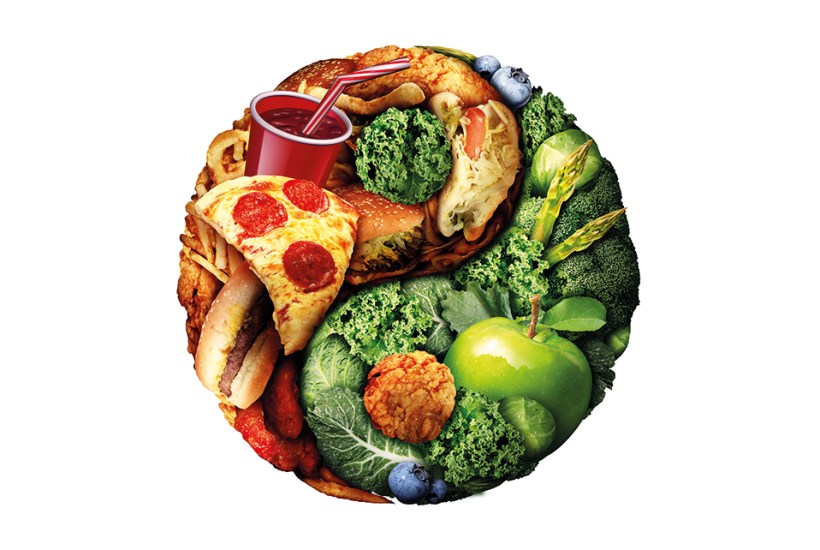
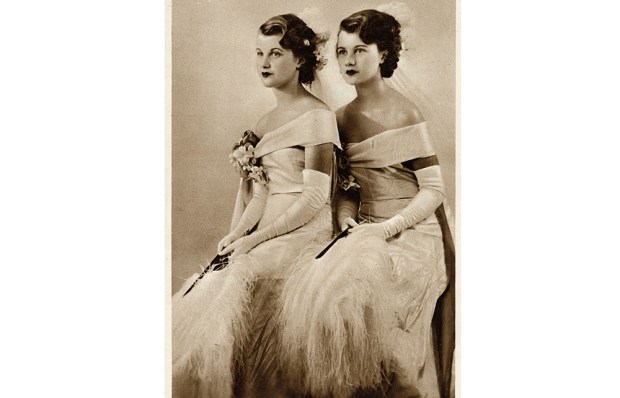
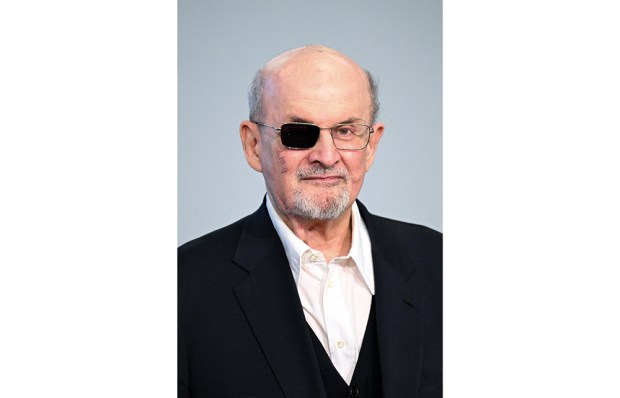
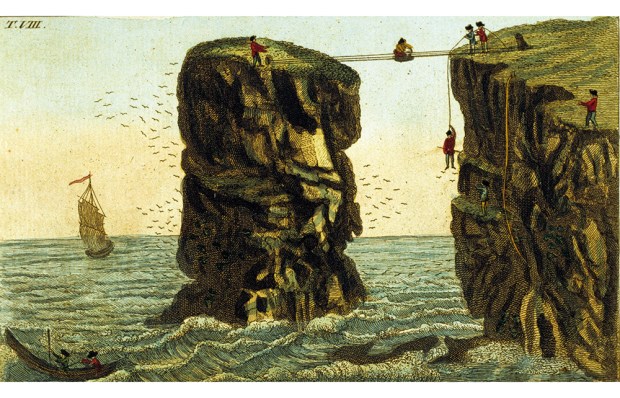
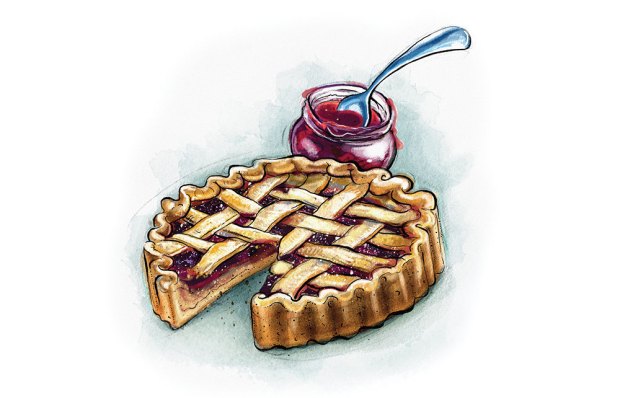
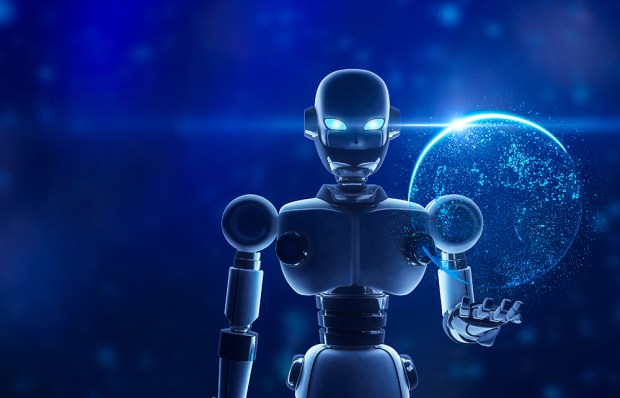







Comments
Don't miss out
Join the conversation with other Spectator Australia readers. Subscribe to leave a comment.
SUBSCRIBEAlready a subscriber? Log in